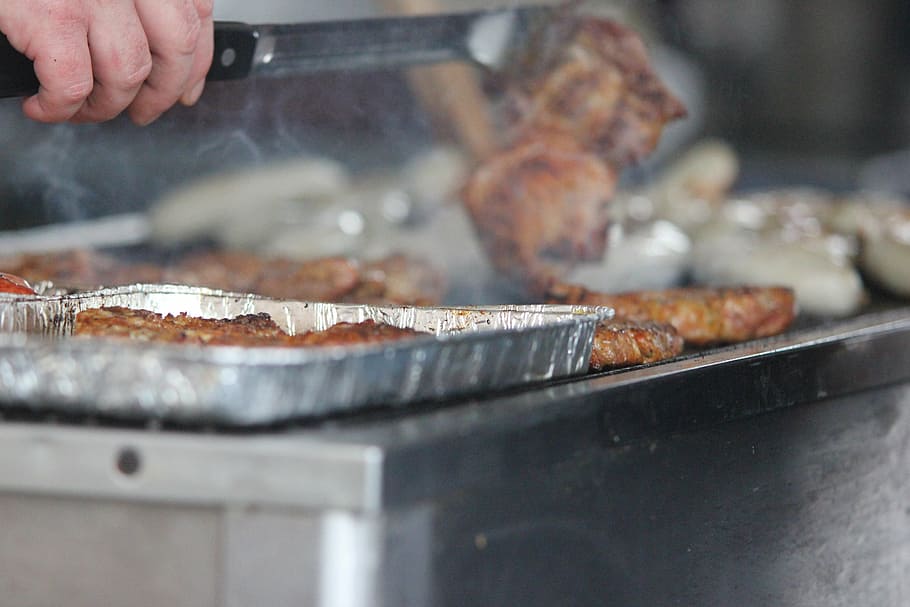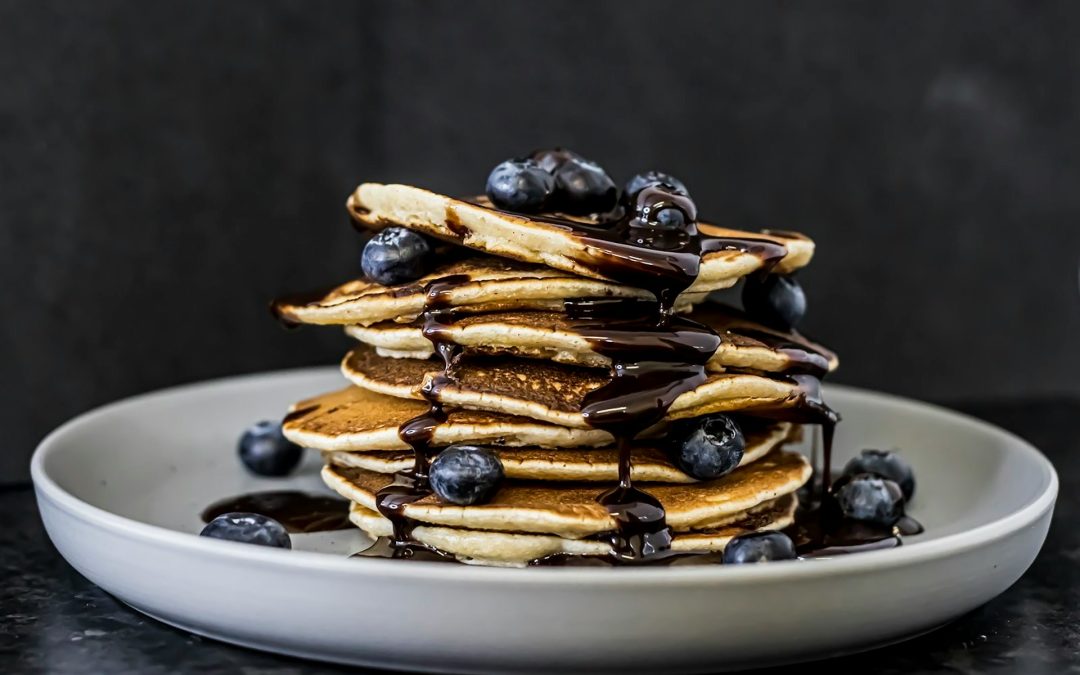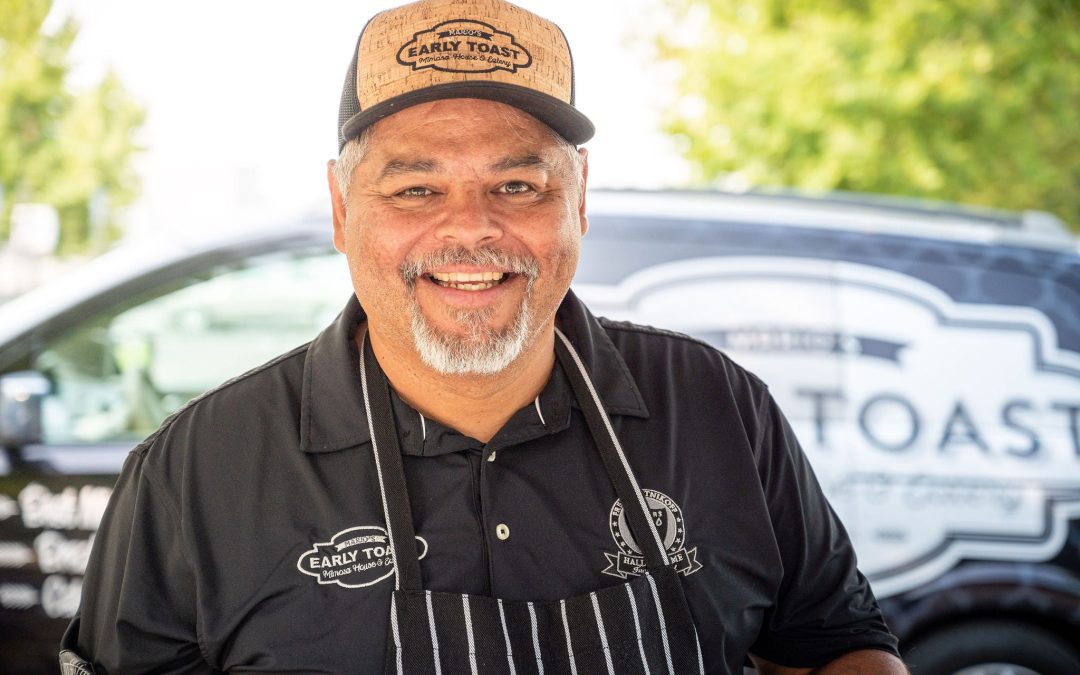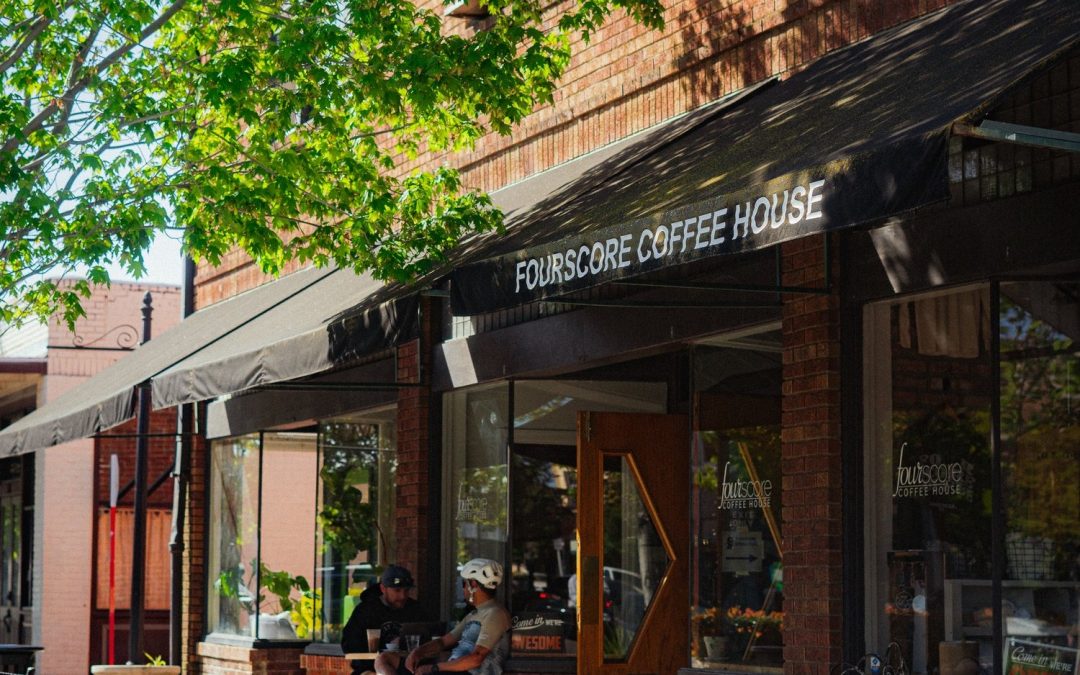Proper food handling should always be taken seriously, especially during the summer and July 4th holiday. Sacramento County Environmental Management Department explains why these practices are so important so that we can have happy and healthy summers. Thawing, preparing, marinating, cooking, maintaining proper temperatures, safe serving, and handling leftovers are all outlined to help citizens navigate the safe consumption of food during the season. Additionally, proper cleaning procedures for utensils and work surfaces should be followed to avoid mishaps. Finally, grills should also be given special attention for a rewarding summer culinary experience.
Thawing Meat Safely
Sacramento County Environmental Management Department encourages all citizens to prioritize safe food handling practices during the summer season and July 4th holiday. Thawing, preparing, marinating, cooking, maintaining proper temperatures, safe serving, and handling leftovers are all important safety measures for barbecues and picnics. It is especially important to note that thawing meat should never be done on the counter or in hot water, as bacteria can multiply quickly at room temperature. Frozen food should instead be thawed in a refrigerator at 41°F, under cold running water, or in a microwave oven.
Proper Cleaning Procedures
It is important to be extra diligent when preparing raw meats. Bacteria on the raw meat can easily contaminate other foods if proper cleaning procedures are not followed. Hands, utensils, and work surfaces should be washed with soap and warm water for at least 20 seconds after coming into contact with raw meats. If a sink is not available, bring a large container of bottled water with a spigot, liquid hand soap, paper towels, and some unscented, liquid chlorine bleach mixed with water (1 tablespoon per gallon of water) to sanitize cutting surfaces. Adhering to these practices ensures safe preparation of food.
Additionally, grills should be cleaned annually after winter storage by using a wire brush to scour the grill. Afterward, the grill should be sprayed with oven cleaner and then rinsed thoroughly for best results.
Marinating Food Safely and Effectively
Marinating food safely and effectively is easy when the right precautions are taken. To ensure food safety, marinate only in the refrigerator, never on the counter. Additionally, any sauce used to marinate raw meats, poultry, or seafood should not be used on cooked foods. Finally, when transporting marinated foods to an event, keep them cold for optimal safety. Following these simple guidelines will help you enjoy delicious marinated foods with confidence!
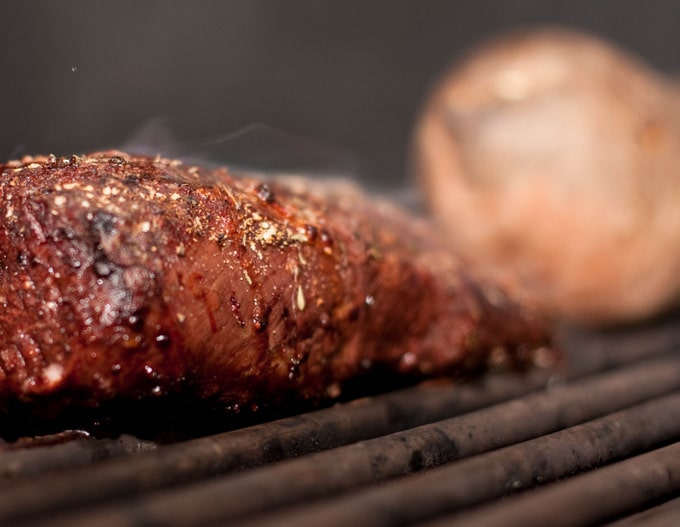
Temperature Guidelines
Temperature Guidelines:
– Grill with gas: 325°F
– Beef (roasts and steaks): 145°F for medium rare, 160°F for medium
– Hamburger patties: 155°F
– Chicken: 165°F
– Pork: 145°F
Cooking safely is an essential step in preparing delicious meals. It’s important to keep meat cold until it’s ready to be grilled, and when cooking with gas, the temperature should never be set lower than 325°F; make sure your meat is thawed completely. For charcoal grilling, cut the meat open before serving to ensure it is cooked through or use a food thermometer to test doneness. Hamburger patties should be cooked to 155°F and chicken to 165°F. When preparing larger cuts of beef like roasts and steaks, they should be cooked to 145°F for medium rare or 160°F for medium. Pork should always reach at least 145°F. Clean the thermometer between uses and never place cooked food back on the same plate that previously held raw food.
Refrigerator Storage
Subheading: Cooler Storage
Properly handling perishable food and leftovers is critical for maintaining food safety. Refrigerators should not be used to store perishable foods for more than two hours, with eggs being particularly sensitive. A cooler should be utilized to keep these items at a safe temperature, and should be kept closed and out of direct sunlight. To maximize its effectiveness, it is recommended that at least a few inches of ice or frozen gel-packs be included. Additionally, water-tight containers should be used to separate any melted ice from the food. Finally, leftovers should be stored in shallow containers and wrapped tightly before being put into the refrigerator or freezer for optimal quality.
Celebrate Independence Day with Roseville Today!
Roseville Today is proud to be an independent, locally owned and community-supported media platform for over 20 years. This 4th of July, they are inviting everyone to witness the brighter side of news in their hometown and share it with the world. With no affiliations to print, politics or big media, Roseville Today promises to bring only honest and unbiased information to its readers.
By implementing these safe food handling practices, Sacramento County Environmental Management Department citizens can ensure their supplies remain uncompromised while participating in festive summer celebrations. This means thoroughly thawing all meats and adhering to proper cleaning procedures when preparing raw material, as well as regularly cleaning grills for optimal health conditions. By being mindful of food safety and cleanliness guidelines, Sacramento residents can protect themselves from foodborne illness and make the most of the July 4th holiday.

